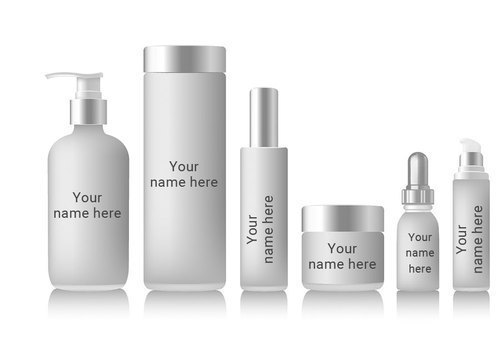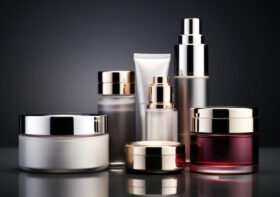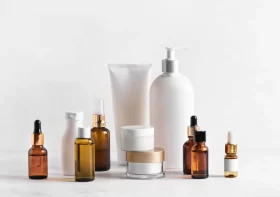The Complete Guide to Private Label Skin Care Products

Introduction
Private label skin care products offer brands a way to quickly and efficiently bring high-quality products to market. By partnering with a reputable manufacturer, brands can leverage existing expertise and resources to create their own unique product lines.
What Are Private Label Skin Care Products?
Private label skin care products are manufactured by one company and sold under another company’s brand. This allows brands to offer a range of skincare products without the need for extensive R&D and production facilities.
Benefits of Private Label Skin Care Products
1. Time and Cost Efficiency
Private labeling saves time and money by leveraging the manufacturer’s existing production capabilities. Brands can focus on marketing and distribution while the manufacturer handles production.
2. Customizable Options
Many private label manufacturers offer customizable options, allowing brands to create unique formulations that align with their vision and target audience.
3. High-Quality Standards
Reputable private label manufacturers adhere to strict quality and safety standards, ensuring that the products meet industry regulations and consumer expectations.
Choosing the Right Private Label Manufacturer
1. Experience and Reputation
Look for manufacturers with a strong track record in the skincare industry. Research their reputation and read customer reviews to ensure they deliver high-quality products.
2. Customization Capabilities
Choose a manufacturer that offers flexibility in product formulation and packaging. This allows you to create unique products that reflect your brand’s identity.
3. Premium Packaging Solutions
Packaging plays a crucial role in attracting consumers. Select a manufacturer that provides premium packaging solutions to enhance the appeal of your products.
Popular Private Label Skin Care Products
1. Private Label Vitamin C Serum
Vitamin C serums are popular for their brightening and anti-aging properties. Offering a private label vitamin c serum can attract consumers seeking effective skincare solutions.
2. Anti-Aging Creams
Anti-aging creams are a staple in skincare routines. Private label options can include ingredients like retinol, peptides, and hyaluronic acid to address various signs of aging.
3. Hydrating Face Masks
Face masks are a popular skincare product. Private label hydrating face masks can feature ingredients like aloe vera, hyaluronic acid, and botanical extracts to provide deep hydration.
Marketing Private Label Skin Care Products
1. Build a Strong Brand Identity
Develop a compelling brand identity that resonates with your target audience. This includes a clear brand message, attractive packaging, and consistent marketing materials.
2. Leverage Social Media
Utilize social media platforms to showcase your products and engage with potential customers. Share user-generated content, skincare tips, and behind-the-scenes looks at your production process.
3. Offer Exclusive Deals
Attract and retain customers by offering exclusive deals and discounts to subscribers. This can include limited-time offers, bundle deals, and loyalty programs.
Conclusion
Premium Packaging For Skin Care Products offer brands a way to quickly enter the market with high-quality products. By partnering with the right manufacturer and effectively marketing their products, brands can establish a strong presence in the skincare industry.




Leave a Reply